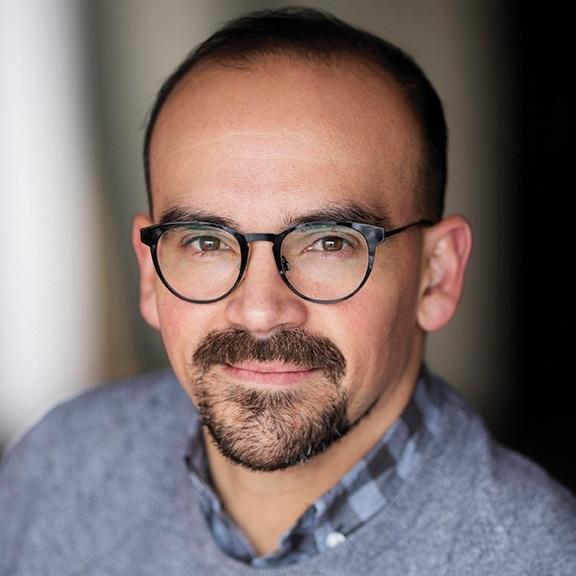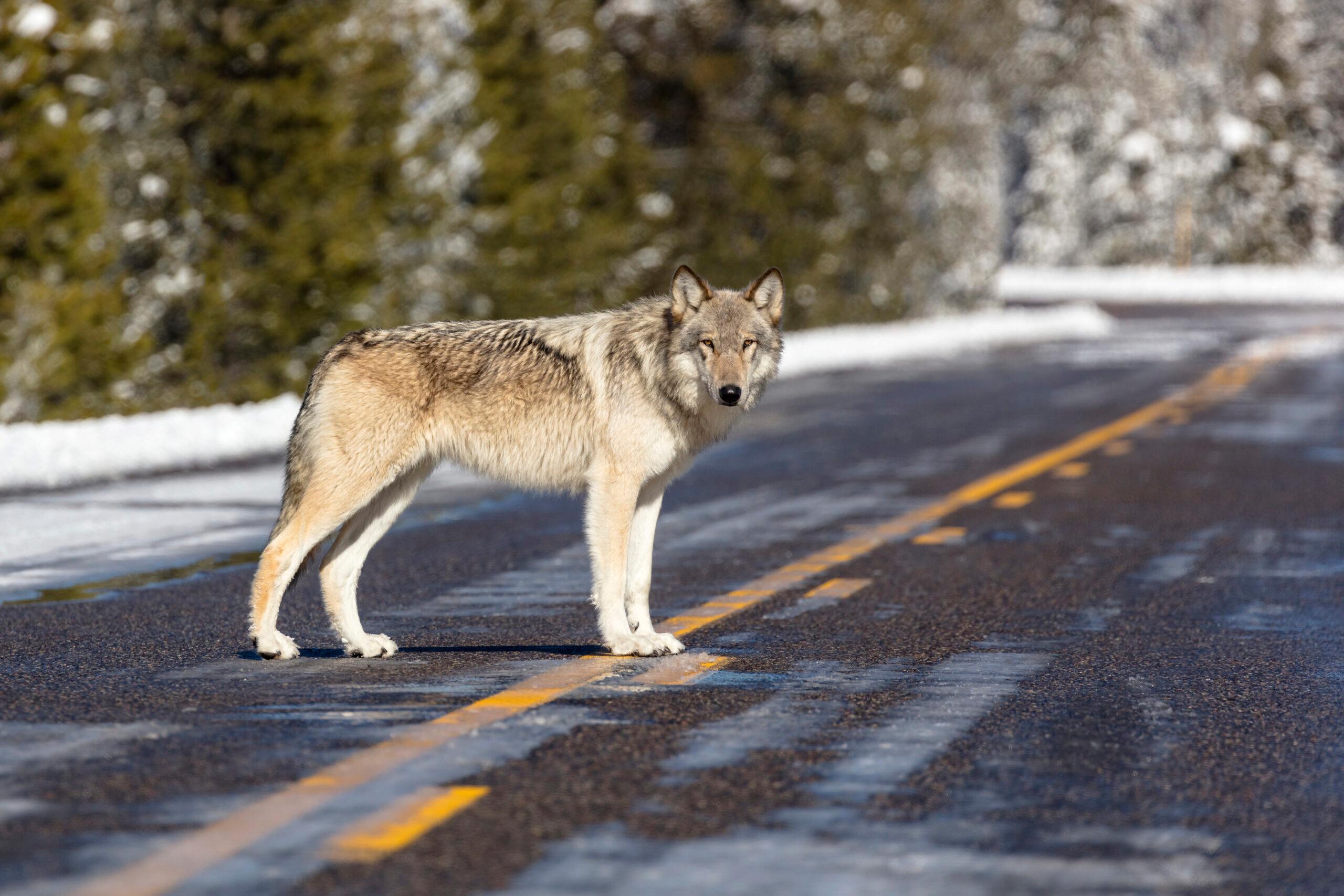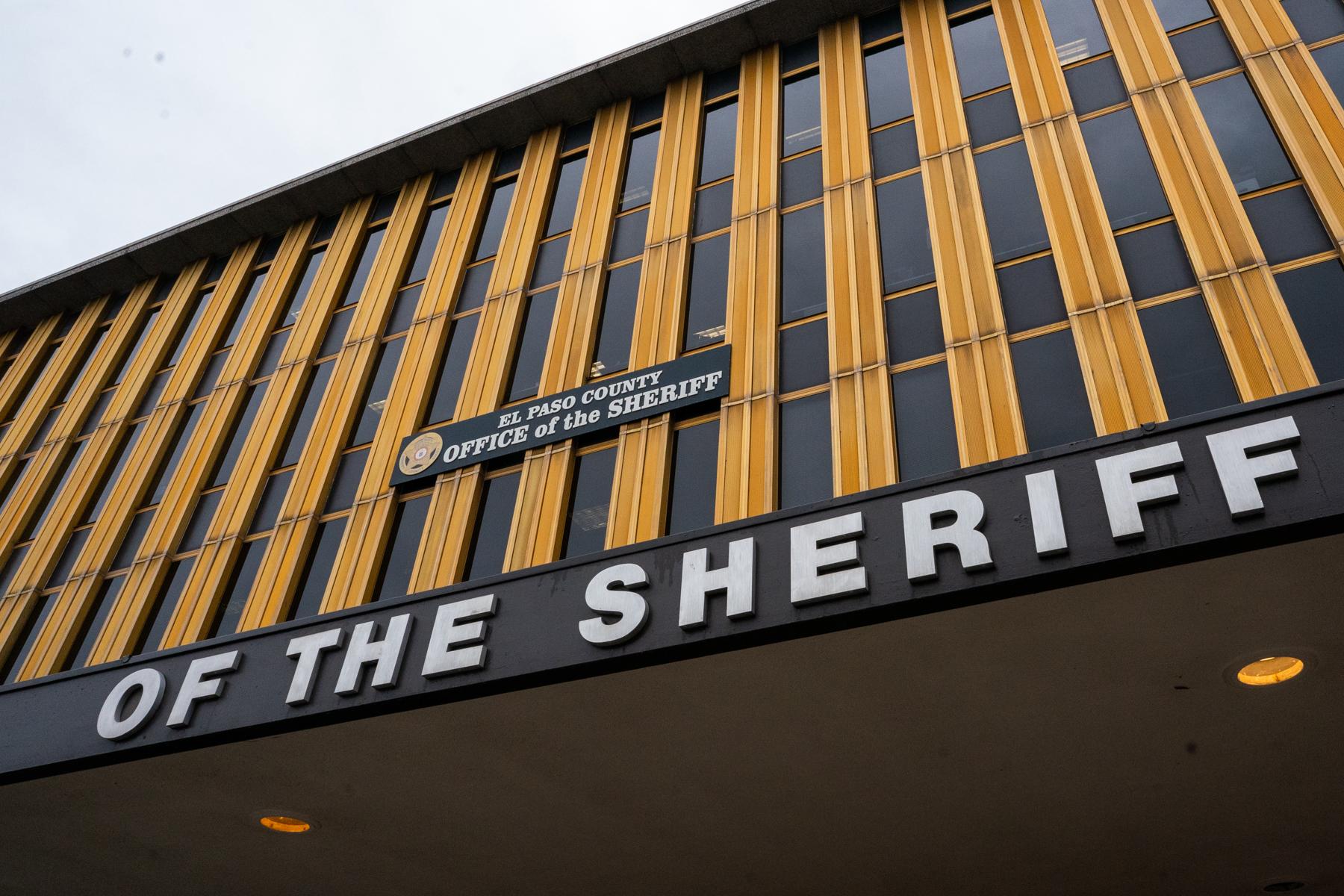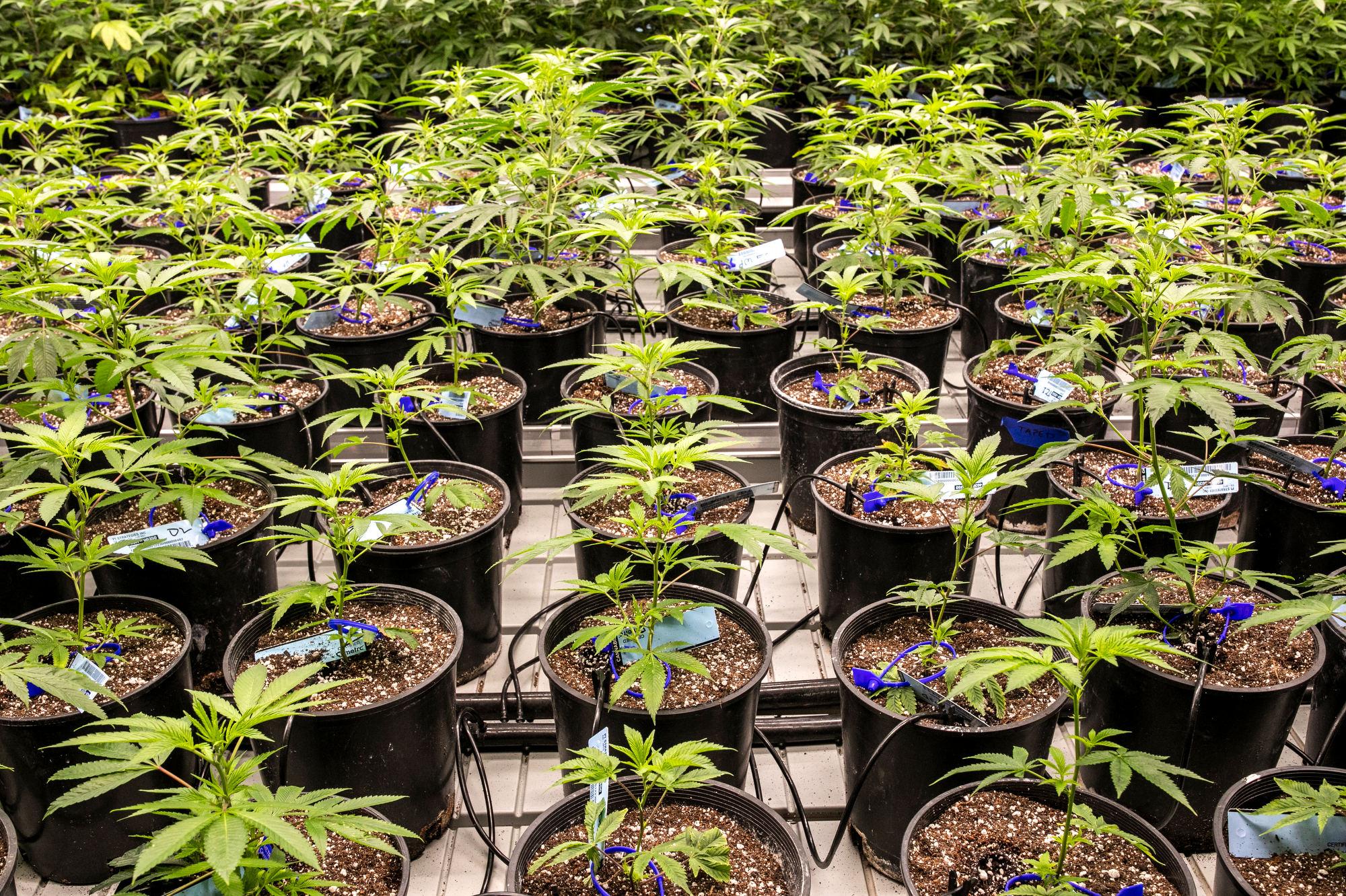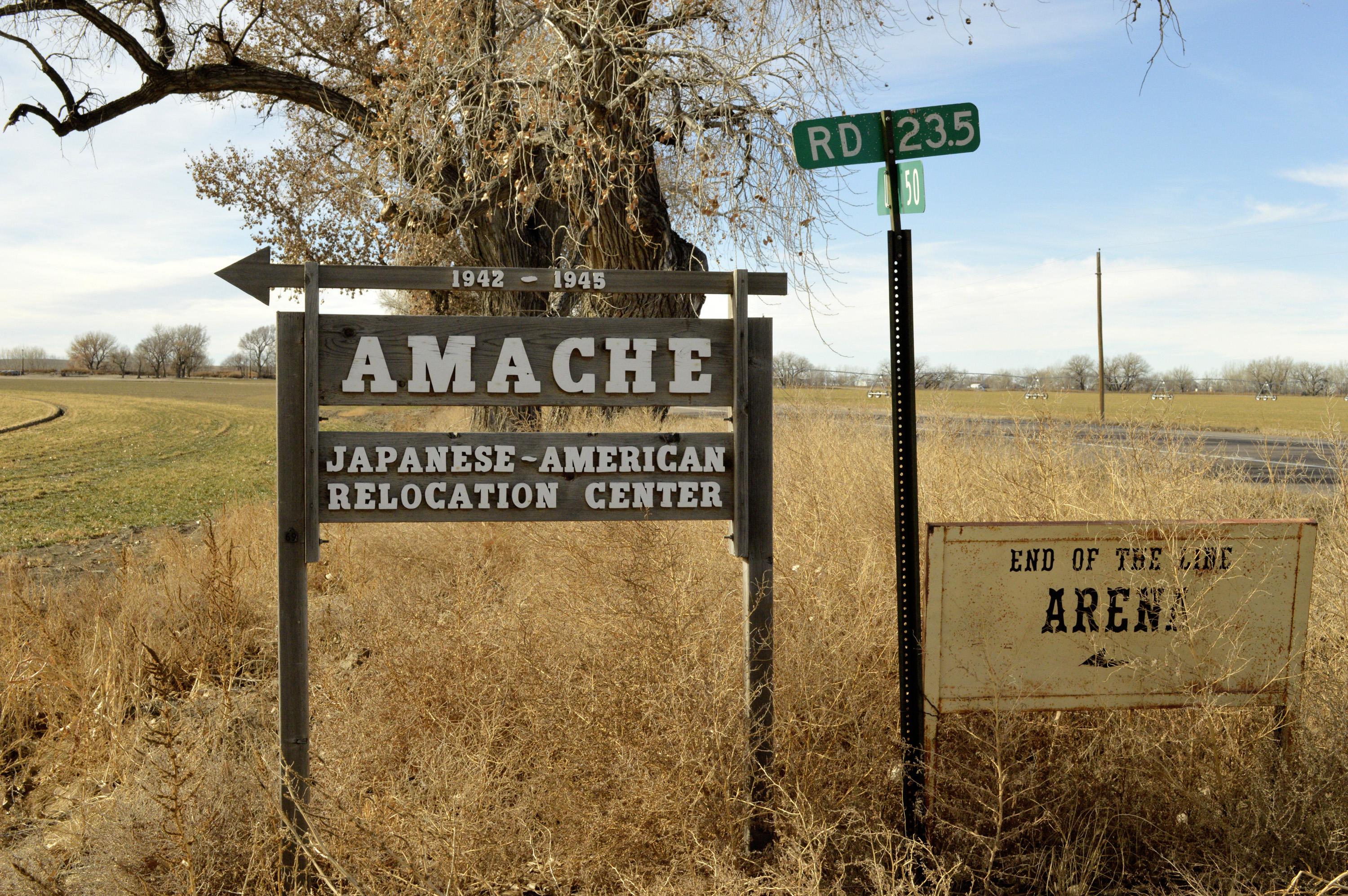
When Hannah Rose was walking into a grocery store in the Denver suburb of Centennial early in the pandemic, a man spat on her and told her to “take my virus back to China” as she reached for a shopping cart. “I just completely froze. I was like, ‘Oh my God.’ I was shaking… I didn’t know what to do,” Rose told Colorado Matters.
She said a family witnessed the encounter and asked if she was OK. The father followed the man who spat on her and told him, “You don’t do that to people.”
Rose is Vietnamese-American. She said she expected violence and hatred toward Asians to increase when then-President Donald Trump started calling COVID-19 the “China Virus” and the “Kung Flu.” But even before that she had for years faced inappropriate sexual advances and anti-Asian sentiment.
“I wasn't even 18 yet. I had someone in my [high school] class come up to me and it was just the strangest interaction. He just straight-up said, ‘Will you take my Asian girl virginity?’ It just was shocking,” said Rose. She recounted another incident on light rail when an older man approached her and said, "I used to know a woman from ’Nam," in a sexually suggestive way. “It’s just disgusting. It boggles my mind. I just truly don’t understand how people feel so empowered to think that it’s okay to go up to someone and say something like that.”
Professor Jennifer Ho, a teacher of Ethnic Studies at the University of Colorado at Boulder who also runs a free online anti-racism workshop has been there too.
“I've been Hannah. I am Hannah. And so many of us share Hannah's emotional response, anger, and especially those of us who are Asian-American women. I mean, everything that Hannah experienced, I experienced,” Ho said. “I was probably about 14 years old when I was propositioned for the first time by an older white man who claimed to have had experiences with Asian women when he was overseas.”
Following the shootings in Atlanta that left eight people dead including six women of Asian descent, Ho wrote an op-ed for CNN titled “To be an Asian Woman in America.” So far, investigators have not yet determined if hate crime charges will be filed against the suspect.
“I think that people are assuming that hate crime means that it was racially motivated,” Ho said. “And let me be really clear in saying, I believe it was racially motivated. What is indisputably clear from the shooter's own testimony is he was targeting women. So at the very least we should all be in agreement that by targeting women, that should rise to the level of a hate crime. And the fact that Asian women in mainstream media have been sexualized for well over a century contributes to this idea that Asian-American women are expendable.”
A new national report called "Stop Asian-American/Pacific Islander Hate" looked at thousands of hate incidents from March 2020 to February 2021. Asian women reported more than twice as many hate incidents as men.
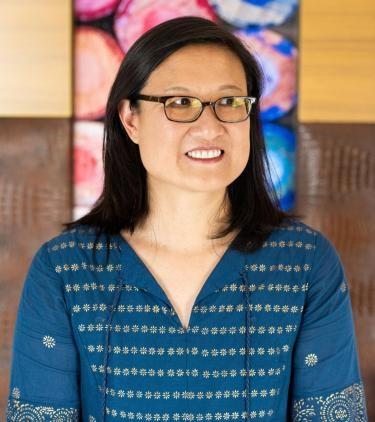
“It's not surprising because women bear the brunt of violence in American society and in global society,” Ho said. “Women are often perceived as being people who either cannot or will not fight back.” Ho also said it’s important to note that men often assume women are compliant and easy to approach because they may react politely, but “the reality is there’s a lot of women who are being nice because we’re afraid.”
The stereotype that Asian-American women especially are meek or mild has been exacerbated by popular culture, especially movies. “I think anyone who remembers that era of “Platoon,” “Hamburger Hill” and “Full Metal Jacket” knows that anytime you saw Asians on screen, it was as Vietnamese villagers… or if they were younger, they were invariably prostitutes.”
Ho also points to the long history of Asian hatred in the United States. The term “Yellow Peril” was developed to describe the perceived threat posed by Asian people and Asian nations. After the attack on Pearl Harbor during World War II, the U.S. Government locked up 120,000 people of Japanese descent out of fear they were untrustworthy or automatically loyal to Japan. One of those internment camps was in Colorado. Ho also noted the 2012 mass shooting in Oak Creek, Wisconsin in which a self-avowed white supremacist massacred women, elders and faith leaders in a Sikh temple. “The Sikh community in particular in America has suffered greatly at the hands of anti-Asian racism,” Ho said.
“I want people to know that they can choose anti-racism,” she said.
“Choosing anti-racism means choosing to educate yourself about race and racism, and then doing something about it. And it's a muscle. It's going to hurt. It's not going to feel natural. Mistakes will be made, but I think it's worth it to exercise your anti-racism muscle so that you can contribute to ending oppression.”
Ho suggests an organization called Hollaback which teaches bystanders how to advocate for victims.
“The idea behind their training is not meant to address the attacker. It's meant to protect the person who's being harassed,” Ho said. Like that incident at the grocery store a year ago, which still makes Hannah Rose nervous. “I just didn’t want to go out alone,’ said Rose. “And I was 21, you know? And it’s like, when you’re 21, you should be able to go out to the grocery store alone and not be afraid of how it might go down.”


